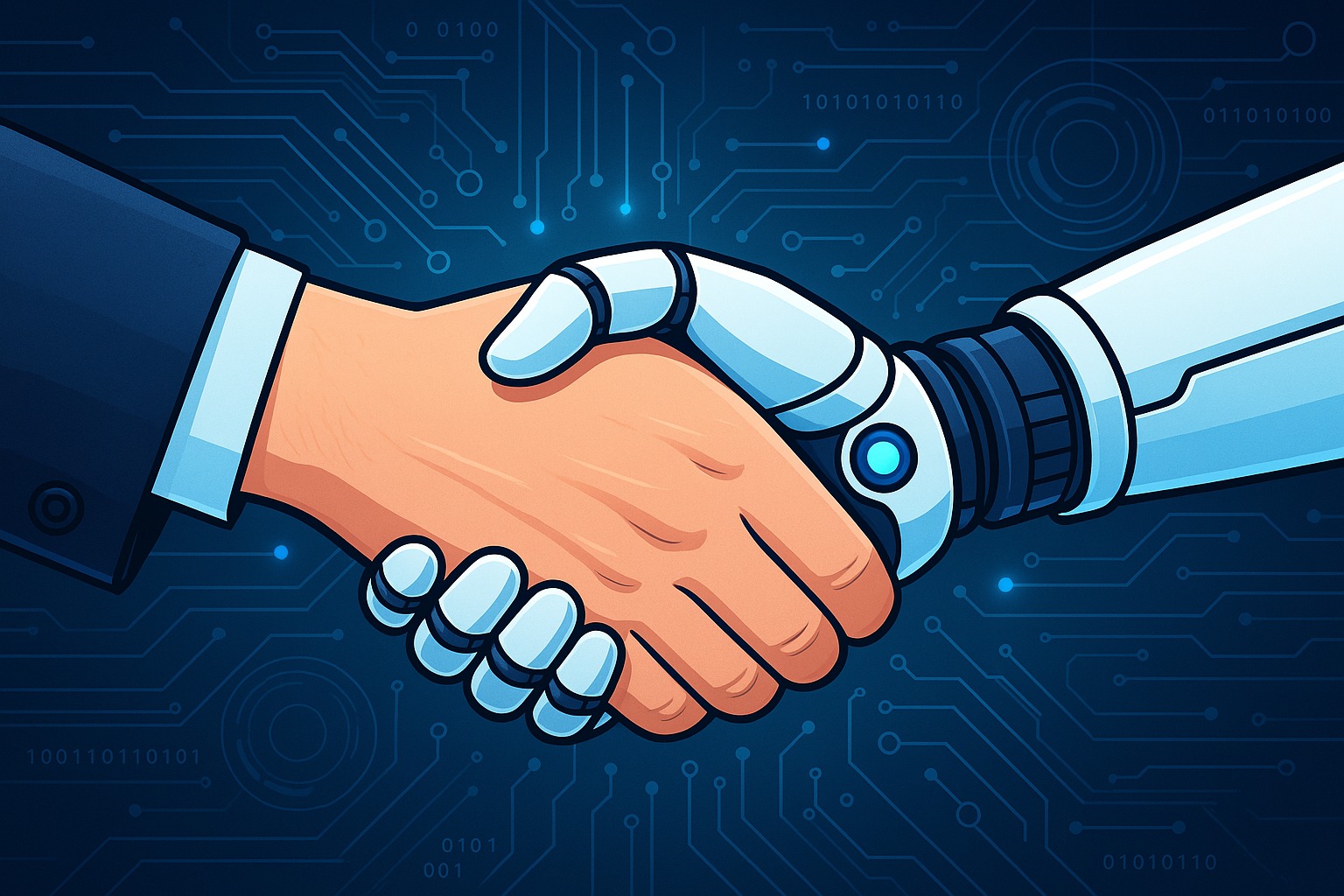AI in the Modern Age: Transforming the Future
Artificial Intelligence (AI) has become one of the most revolutionary technologies of the modern era. From automating daily tasks to making breakthroughs in healthcare, finance, and robotics, AI is reshaping industries and transforming human lives.

Introduction
Artificial Intelligence (AI) has become one of the most revolutionary technologies of the modern era. From automating daily tasks to making breakthroughs in healthcare, finance, and robotics, AI is reshaping industries and transforming human lives. But how did we get here, and what does the future hold for AI? Let’s explore.
The Evolution of AI
AI has been in development since the 1950s, but it has made rapid progress in recent years due to big data, faster computing, and advanced machine learning algorithms. Key milestones include:
1956 – The term "Artificial Intelligence" was coined.
1997 – IBM’s Deep Blue defeated chess champion Garry Kasparov.
2011 – Apple introduced Siri, a smart AI assistant.
2023–2025 – AI-powered chatbots, self-driving cars, and automation are revolutionizing industries.
AI in Everyday Life
AI is no longer just a concept—it is embedded in our daily routines:
Virtual Assistants: Alexa, Siri, and Google Assistant.
Recommendation Systems: Netflix, YouTube, and Spotify use AI to suggest content.
Smart Homes: AI-powered security cameras and IoT devices automate homes.
Healthcare: AI diagnoses diseases and assists in surgeries.
Finance: AI detects fraud and manages investments.
AI in Industries
1. Healthcare
AI helps in early disease detection (e.g., cancer screening).
Robotic surgeries improve precision and reduce human error.
AI-powered chatbots assist in telemedicine.
2. Business and Automation
AI-driven chatbots handle customer service.
AI automates data analysis, saving time and resources.
Predictive analytics helps businesses forecast trends.
3. Education
AI-powered learning platforms offer personalized education.
Automated grading reduces teachers’ workload.
AI translates languages in real time, making education global.
4. Transportation
Self-driving cars by Tesla and Waymo reduce accidents.
AI-powered traffic systems optimize road signals.
Drones are used for delivery and surveillance.
Ethical Concerns and Challenges
Despite its benefits, AI raises concerns:
Job displacement: Automation could replace millions of jobs.
Bias in AI: AI systems can reflect human biases.
Privacy risks: AI-powered surveillance may compromise privacy.
Autonomous weapons: AI in warfare raises ethical issues.
The Future of AI
AI will continue to evolve, leading to advancements such as:
Artificial General Intelligence (AGI) – AI that can think and learn like humans.
More human-like robots – AI-driven robots assisting in homes and businesses.
AI-powered creativity – Machines composing music, writing books, and creating art.
Quantum AI – Faster computing leading to groundbreaking discoveries.
Conclusion
AI is shaping the modern world in ways once thought impossible. While it brings efficiency, innovation, and convenience, ethical considerations must be addressed. The key to a successful AI-powered future lies in responsible development and regulation.
AI is not just the future—it is the present. How we harness its power will define the world for generations to come.